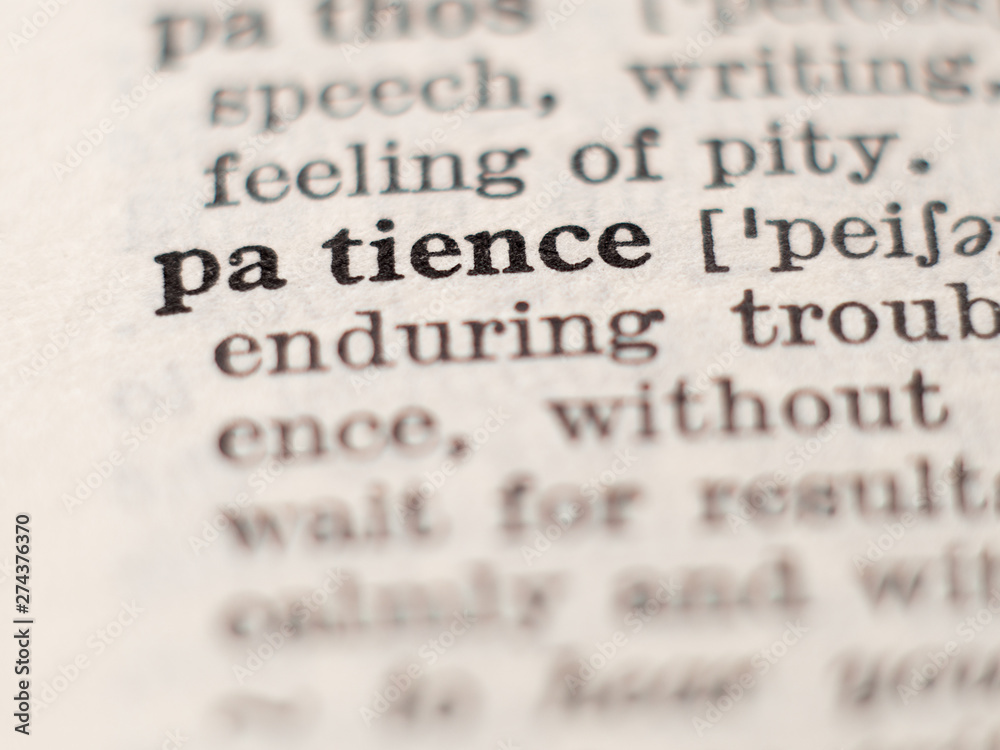Perseveration is the persistent repetition of thoughts, words, actions, or emotions. This can be a significant symptom following a stroke. It’s often linked to damage in the brain’s frontal lobes. Perseveration can manifest in various ways, including repeating the same word or phrase, continuing a task beyond its end, or struggling to shift between different ideas or behaviors.
- Causes: Perseveration after stroke is often attributed to damage in the frontal lobes, which are crucial for executive functions like planning, attention, and the ability to inhibit responses. Specifically, the orbitofrontal cortex, involved in emotional regulation and decision-making, is frequently implicated.
- Types of Perseveration:
- Recurrent Perseveration: Repeating the same word, phrase, or action in response to different stimuli.
- Stuck-in-set Perseveration: Continuing to perform a behavior that was correct in one context but no longer appropriate.
- Continuous Perseveraton: Prolonged or repetitive behavior without interruption.
- Examples: A person might continue cleaning an object even after it’s clean, repeat the same word in a conversation, or struggle to switch between tasks.
- Impact: Perseveration can be frustrating for both the individual and their caregivers, potentially interfering with rehabilitation efforts and daily activities.
- Treatment: Strategies for managing perseveration include behavioral and cognitive therapies, group therapy, and possibly medication. A structured environment and clear communication can also be helpful.
Perseveration after a stroke can be complicated by aphasia since communication and understanding are often compromised.
Treatment and Management:
- Speech Therapy: Therapists may employ techniques to reduce perseveration and increase the likelihood of appropriate responses.
- Alternative communication methods: Using tools like picture boards, communication devices, written communication, or gestures can help bypass perseveration.
- Environment: Creating a supportive and calm environment can help reduce frustration and anxiety, which can exacerbate perseveration.
- Family and caregivers: Family members and caregivers can learn about perseveration and strategies for supporting individuals with aphasia


